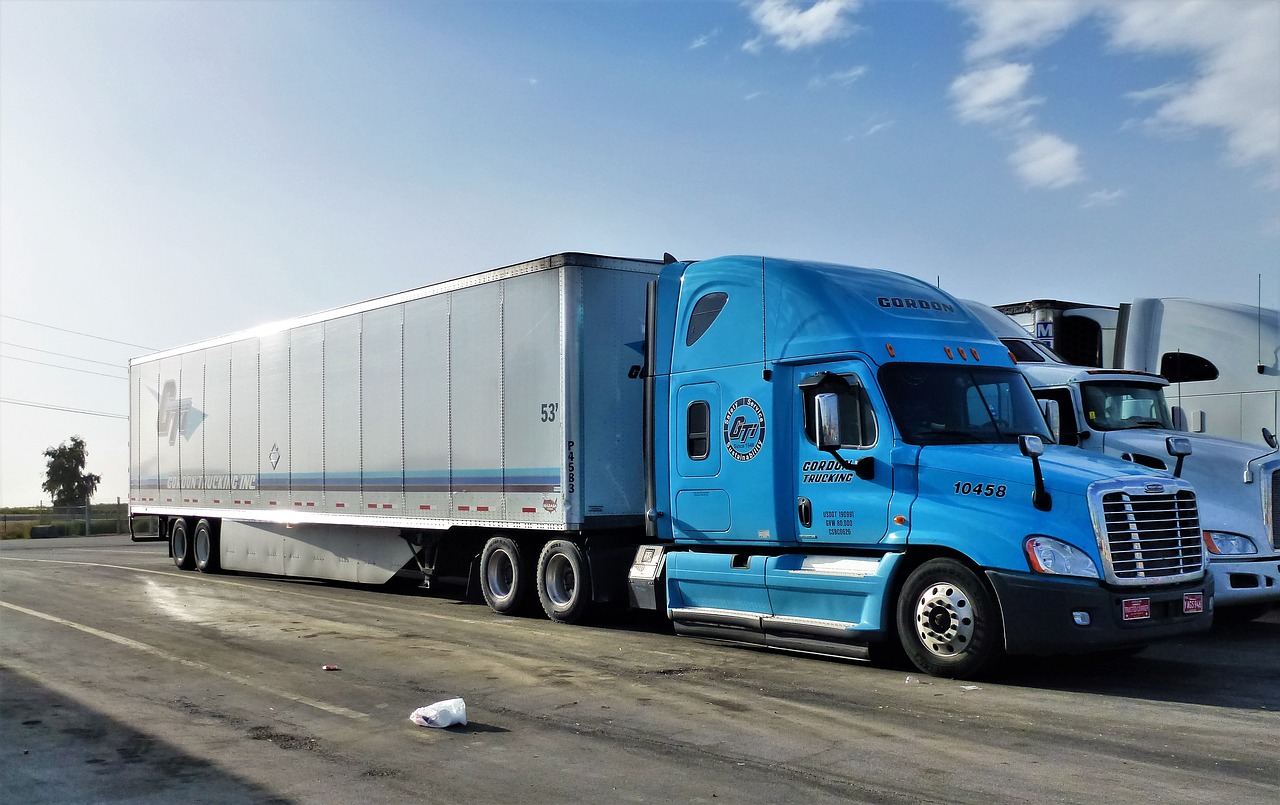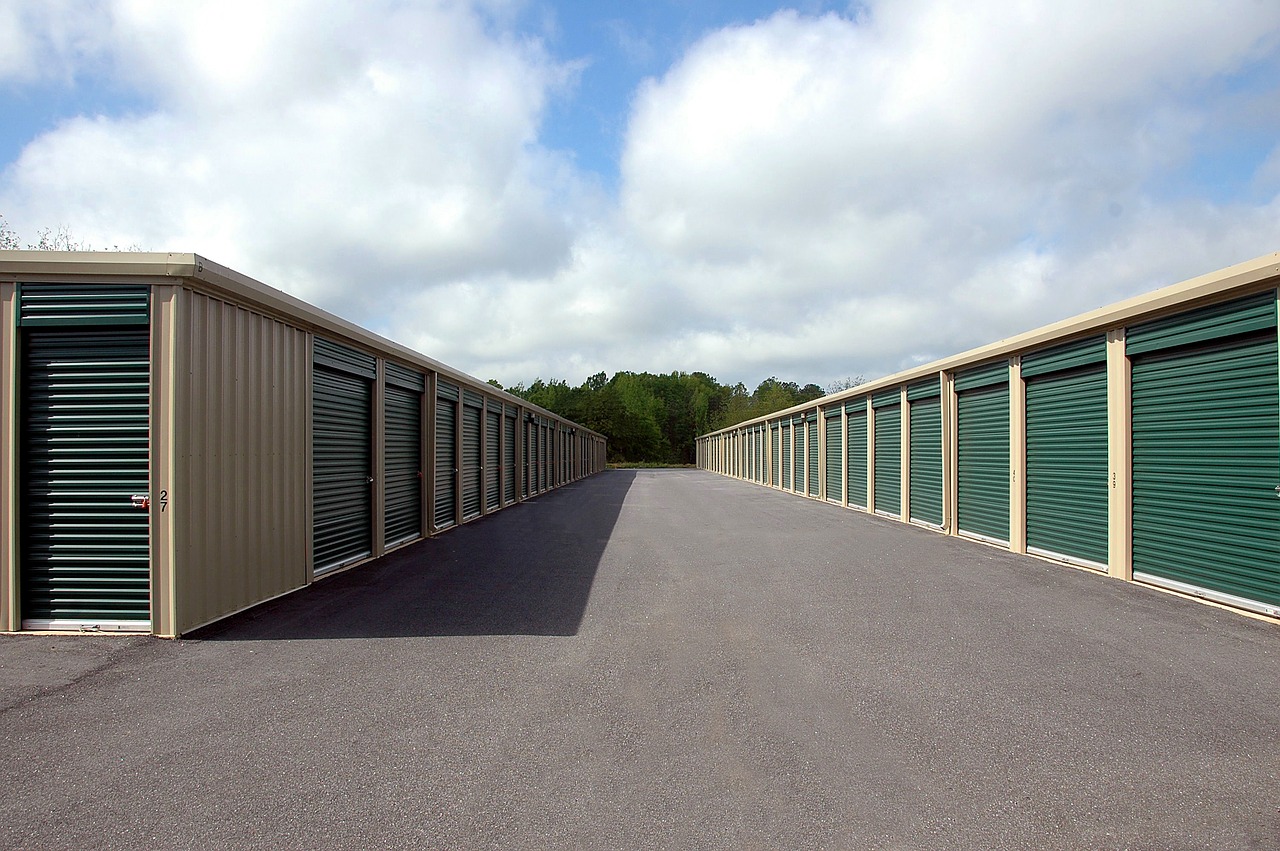Moving is exciting and stressful. You might underestimate your moving expenses. Moving to another neighborhood in the same city might not seem overwhelming, but you still need a budget. When your finances are under control, you can focus on moving your belongings into your new home.
1. Call a Moving Company
Your new address might be a few blocks away from your current residence, and you might be thinking about putting everything in your car. You will be exhausted if you haul everything in your car. Professional movers have specialized equipment and large trucks. The movers will load and unload your belongings. In addition to moving your belongings, a full-service moving company can pack your boxes in a professional manner. Local moves are cheaper than cross-country moves. The price might be less than $1,000 if you pack your own boxes.

2. Calculate Your Packing Supplies
You need to factor in the cost of packing supplies. You will need tape, bubble wrap, boxes, and furniture covers. Set aside $200 for these necessities. If you have items that need specialized handling, you should speak with the moving company before purchasing the supplies.
3. Purchase Moving Supplies
Regardless of how close your new home is to your current residence, you will need moving insurance. You should expect to pay about one percent of the value of your items. If your belongings are worth $60,000, your insurance quote might be $600. Your quote might be higher if you are moving specialty items.
4. Get Quotes for a Storage Unit
Your relocation might not be completed in one day, and you may need storage space. A small storage unit might be enough storage space if you are leaving a small apartment. You will need a larger unit if you are leaving a large home. Set aside $50 for a small unit. The fees for a large unit might be more than $100. To minimize your storage fees, consider donating some of your belongings.

5. Purchase Cleaning Supplies
You will need a large stash of cleaning supplies. Most people have to spend at least $60 on detergents, disinfectants and sponges. Give yourself several days to clean a rental unit. The landlord will inspect the apartment before he refunds your deposit.
6. Contact the Utility Companies
Some utility companies will put your deposit on your last bill. If the company gives you a refund, you can use the money for your smaller bills. Your new neighborhood might have a different cable provider.

There are several other expenses that might apply to your unique situation. Your pets may need to stay in a boarding kennel for a few days. You might have to pay higher property taxes and HOA fees. If you are moving into a rental home, you might have to pay a large security deposit with your first rent payment.
